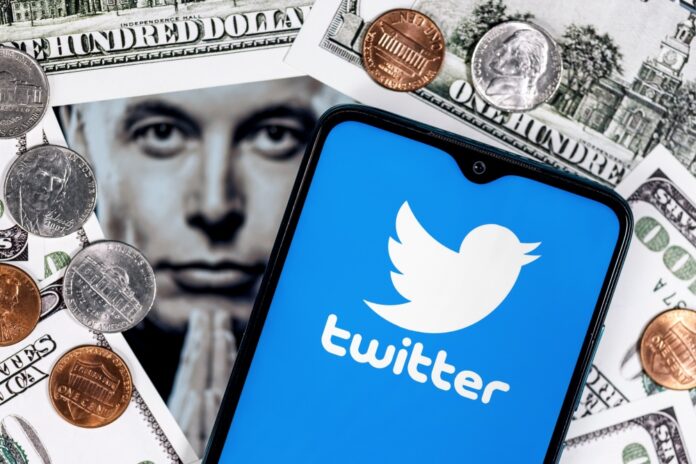The $44bn dollar purchase on a whim and an “old school” embezzlement bring a landmark year to a close
The year started with a lot of hype about the metaverse and an increasingly digital future. It ends with two men who personify disruptive business and the digital world – Elon Musk and Sam Bankman-Fried – looking rather less invincible in an era of inflation.
Elon Musk asked Twitter users to vote on whether he should replace himself as CEO. More than 57% said yes, unsurprisingly after his chaotic time at the helm. It looked like posturing when he agreed to buy Twitter for $44 billion early in the year – he does like to tease – but then discovered that reneging on the deal wouldn’t be so easy, and it finally went through in October.
Having fired the board and half the staff – no doubt numerous lawsuits to follow – he has alienated many big advertisers and some high profile tweeters have quit the platform. Most recently he banned then reinstated certain journalists’ accounts, then issued a policy saying he intended to stop users from sharing links on rival social media platforms like Facebook. After yet another terrific backlash, there was yet another U-turn.
In November Musk said Twitter was losing $4 million a day. It’s hard to see how it’s not a lot more now and an Insider Intelligence report published today predicted that users would fall to 50.5 million in 2024, the lowest level since 2014.
Steady hand at the wheel required
Clearly it is time for someone at the top to steer a steady course. Whether Musk would be able to resist grabbing at the wheel remains to be seen, but shareholders at Tesla and SpaceX, where Musk is also CEO, will be relieved.
They need his attention. This year Tesla’s share price has dropped more than 60%, underperforming Ford and General Motors. Musk has three times cashed in Tesla shares since April to raise cash for Twitter, having broken his word that he would not cash in any more after the first time.
Having landed Twitter with $13 billion debt, raised to help fund its purchase, he is now liable for $1 billion annual interest payments and has warned that Twitter might become bankrupt.
This probably didn’t play too well when those investors who bankrolled him were approached for more funds last week. Apparently his office was offering to sell them Twitter shares at the same price Musk paid for them ($54.20) before interest rates and inflation caught fire. Maybe this is why owners of social media platforms are so keen on other types of reality.
The irrepressible Mr Musk might find 2023 somewhat less fun as a number of inflated chickens come home to roost.
Fried bankman
Now to Sam Bankman-Fried. It would be hard to think up a better surname for someone who has left 1 million creditors in the lurch, losing $32 billion of their money. He has been living a high old life in the Bahamas, spending other people’s cash lavishly on real estate, political parties and bestowing gifts on his parents and employees, and personal loans to himself and staff.
Investors believed their money was going into FTX Trading, a crypto trading platform, but since May 2019 at the inception of FTX, it was syphoned off into a privately-held, crypto hedge fund, Alameda Research LLC for the activities outlined above. Indeed, FTX supplied it with an unlimited line of credit.
Then investors got increasingly twitchy after things started to look wobbly in Crytoland in May, and wanted their money back. Eventually revealed a multi-billion-dollar hole in FTX where their money should’ve been and bankruptcy ensued In November.
From under that distinctive, boyish mop of dark curly hair that charmed the great and the good the world over, the 30-year old Wunderkind expressed his surprise it has all gone so wrong so fast. He assured people that “he never meant to commit fraud” but acknowledged “A lot of mistakes” and not paying enough attention operationally.
“Plain old embezzlement”
It turned out transactions and decisions were ‘recorded’ via Slack and the company used the Quikbooks accounting package designed for small firms, not multi-billion dollar businesses.
SBF is now behind bars in the Bahamas, denied bail as he’s viewed as too much of a flight risk, and has decided not fight extradition to the US where a long charge sheet awaits him in the South New York court which is also handling various cases against one Donald Trump.
John Ray III has been called in to mop up the mess. He is best known for his handling of Enron after the accounting scandal there. In testimony to the US Congress he said of FTX that despite his long history of untangling fraud and other criminal activity, he had never “seen such an utter failure of corporate controls at every level of an organisation, from the lack of financial statements to a complete failure of any internal controls or governance”.
He has also said, “This isn’t sophisticated whatsoever. This is just plain old embezzlement. Old school.”



